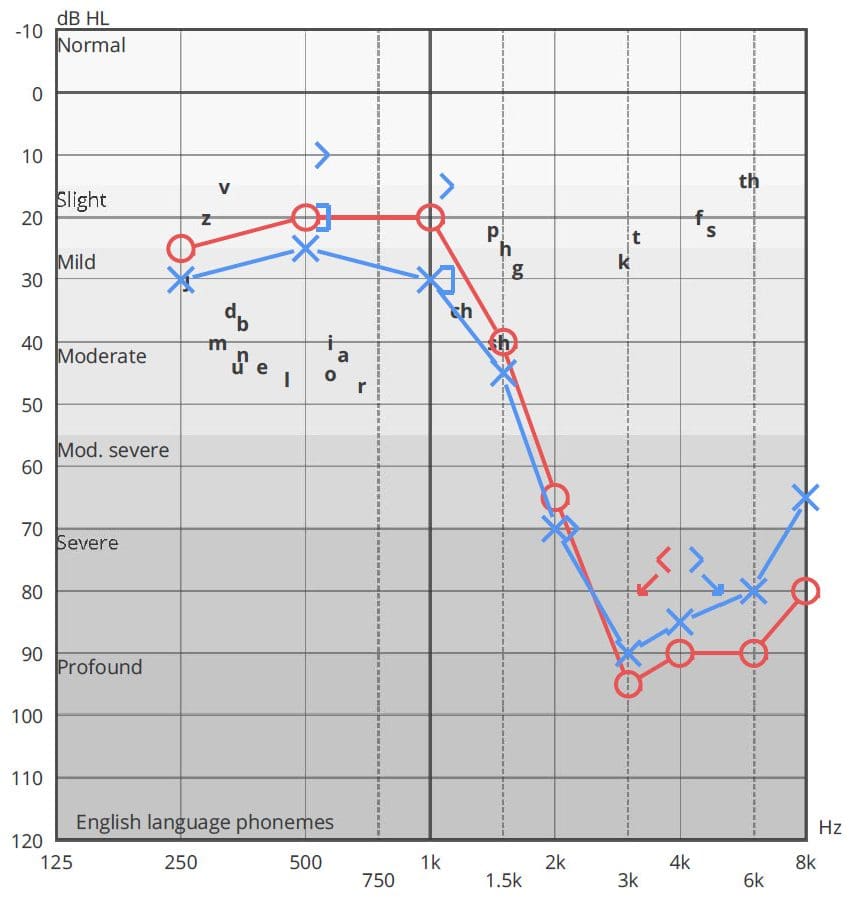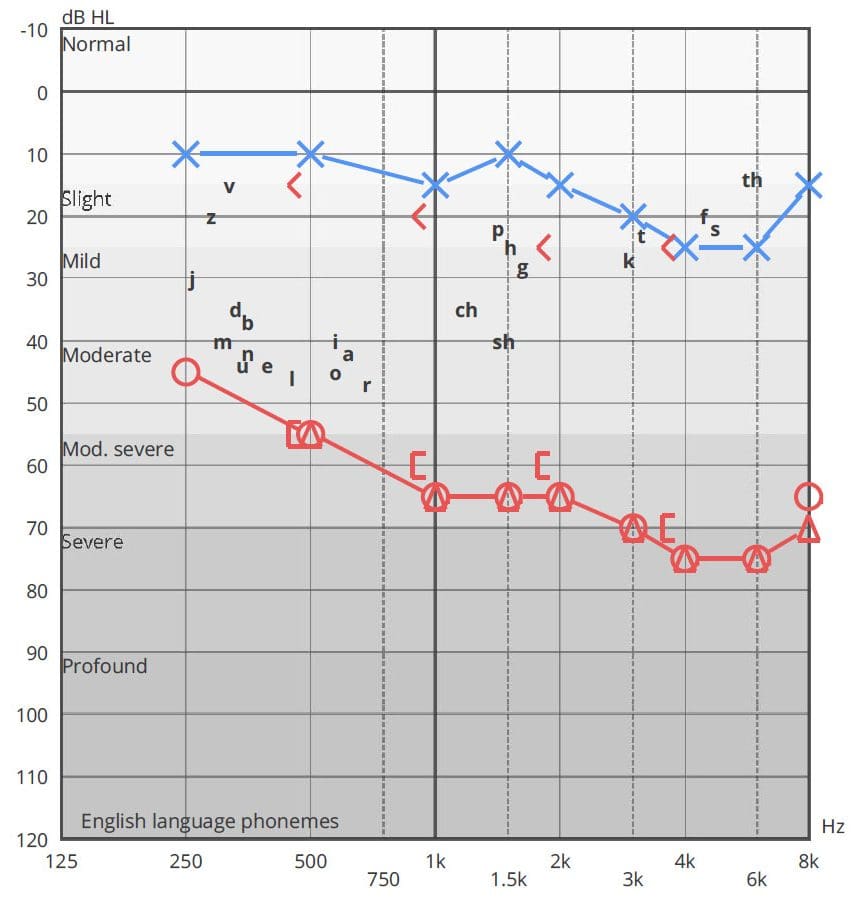Are you struggling to hear your loved ones? Or do you need a hearing test for work or medical reasons? Whatever your reason, we provide comprehensive hearing assessments that can tell us so much about the health of your ears, as well as your overall health.
We also provide Civil Aviation Authority (CAA) hearing tests and workplace medical assessments – please contact us if you have multiple people and we can provide a discounted rate.
Adult: $120 ($110 GC)
Child Under 18: $140
Appointments Available on Saturdays!
What's involved in a hearing test?
If you suspect any changes with your hearing, it’s important to get it checked out sooner rather than later.
We offer two types of appointments – a basic screening test (air conduction) and a full diagnostic hearing assessment. A diagnostic hearing test is a comprehensive appointment where we assess your level of hearing at different frequencies in a sound-attenuated booth.
There are several main components to a full hearing test:
Air conduction
This is where we assess your softest hearing levels at various frequencies/pitches through soft foam inserts placed in your ear canals. This tells us the softest levels you are able to hear through your outer ear. The shape of the hearing loss may indicate a certain cause, e.g whether it is noise damage or a genetic hearing loss.
Bone conduction
Speech audiometry
This is a test where you will repeat words back to us at loud, medium and soft levels depending on your initial results. This test can tell us if there may be any cognitive limitation as a result of the hearing loss, and whether hearing aids will be of good benefit.
For example, if you only get 50% of the words correct, it tells us that you may only get about half of the conversation (even with well-fitted hearing aids). This is more likely in severe hearing losses, which is why we try to fit hearing aids as early as possible, as they can prevent the loss becoming worse.
Tympanometry
This is a quick pressure-check which measures the movement of your eardrum. This can tell us if there is an issue with middle ear fluid (glue-ear), eustachian tube dysfunction, or occasionally sinus issues causing congestion.
We perform tympanometry in all our earwax removal appointments, too.
Speech-in-Noise Testing
Depending on the results and your concerns, we may perform extra tests such as a Speech-in-Noise test, which, if you perform more poorly than expected for your hearing levels, it may be a processing problem rather than a hearing problem, and we can refer you on for further assessment.
What else might a hearing test show?
A hearing test can also indicate other health issues, particularly if you are experiencing certain symptoms. Things we can find in clinic are:
- Otosclerosis (fusion of middle ear bones)
- Tympanic membrane perforation (a hole in the eardrum)
- A cholesteatoma (a potentially dangerous growth of skin cells within the ear)
- Sinus-related pathologies affecting the hearing system
- A vestibular schwannoma (a growth/tumour on the auditory nerve).

Why should I get my hearing checked?
With any permanent (sensorineural) hearing loss, the earlier it is treated, the better your hearing health remains in the long run. The stronger your auditory system and cognition remains, the less likely it is to deteriorate (you use it or you lose it). This is why we always recommend hearing devices if there is any hearing loss, even mild. You will truly appreciate it in 10 years time.
There have also been recent studies showing a link between untreated hearing loss and onset of dementia. It is important to note that hearing loss alone does not cause dementia, however it has been named as one of the “modifiable risk factors” – meaning it is something we can reliably and easily improve.
A recent independent study (the ACHIEVE) study has been published, and shows that hearing intervention can reduce cognitive deterioration over 3 years for older adults who were at increased risk for cognitive decline. The full article can be accessed here.
These studies are a great pathway to further our education around the link between hearing impairment and our overall health.


